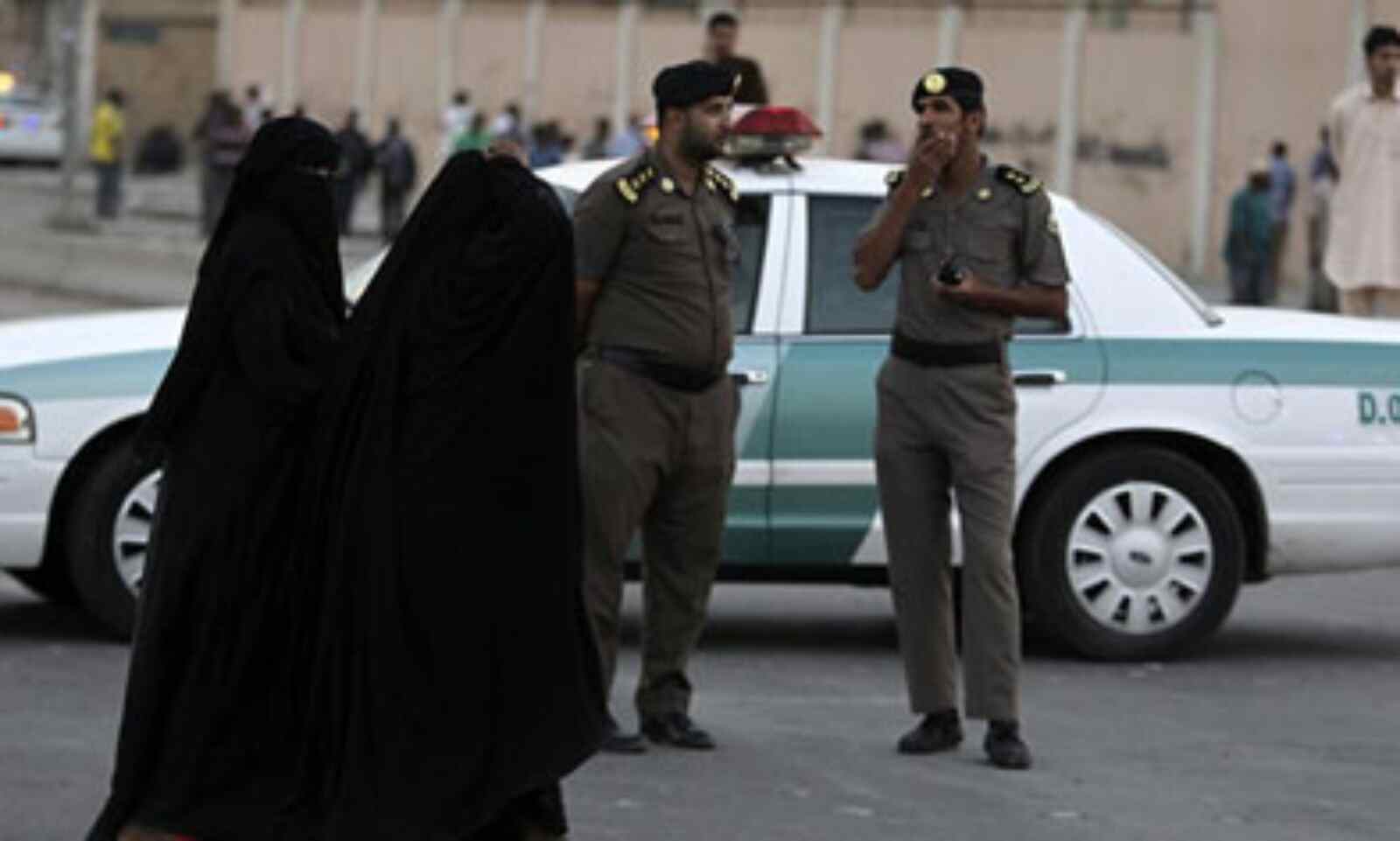Saudi Arabia executed 12 people in 10 days by sword for drug offences: Reports

Saudi Arabia: With this execution, there have now been at least 132 executions this year—more than in both 2020 and 2021 combined.
According to a rights organization, Saudi Arabia executed 12 people for drug offences in 10 days after a two-year hiatus. The recent wave of executions—the majority of which involve sword beheadings—indicates that the country is on track for a current record year of executions, despite Crown Prince Mohammed bin Salman’s earlier promises to scale back such punishments.
The defendants who received death sentences after being imprisoned on drug-related charges that were not violent included three Pakistanis, four Syrians, two Jordanians, and three Saudis, according to the Telegraph. According to AFP, this execution brings the total number of executions this year to at least 132, surpassing both 2020 and 2021 combined.
In 2018, Mohammed bin Salman asserted that his administration had made an effort to “minimize” the use of the death penalty by reserving it for those who had been found guilty of murder or manslaughter.
“The King does not just sign whatever he wants to sign when he wakes up, His Majesty. He admitted to abiding by the law and the rules to Time Magazine.
Additional signs of a softening on non-violent crime emerged after Saudi Arabia proposed changing the law to abolish the death penalty in response to the murder of Jamal Khashoggi in 2020.
In October 2018, a Saudi hit squad killed and dismembered Khashoggi in the nation’s consulate in Istanbul.
According to Maya Foa, director of the rights group Reprieve, “Mohammed bin Salman has repeatedly touted his vision of progress, committing to reducing executions and ending the death penalty for drug offenses.” However, as a bloody year of executions draws to a close, the Saudi government has resumed killing drug offenders both openly and covertly.

The murder of Jamal Khashoggi
Following the murder of US journalist Jamal Khashoggi at the hands of the Saudi government, it seemed that Saudi Arabia was open to reconsidering its stance on the death penalty.
On October 2, 2018, Jamal Khashoggi, a US-based journalist known for his critical coverage of the Saudi government, was killed inside the Saudi consulate in Istanbul.
Despite Saudi Arabia’s denials of any involvement, conflicting accounts of Khashoggi’s murder emerged over the ensuing months.
Later, however, the Saudi government reversed course and acknowledged that the journalist died in a “fight” after refusing to be returned to the kingdom, according to preliminary findings from the prosecution.
Why did the murder of Jamal Khashoggi seem to usher in a new era?
After Jamala Khashoggi’s murder, there was increased pressure on the Saudi government to modify its position on the death penalty and executions.
Crown Prince bin Salman promised in 2020 that the kingdom would restrict the use of the death penalty and would only carry out executions for violent crimes in accordance with Islamic law after the widespread condemnation. But as evidenced by the most recent beheadings, the Saudi Kingdom still has a ways to go before keeping its word.

2022 March: Mass murder
Following the widespread execution of more than 80 men in March 2022, there will be beheadings.
The Saudi Interior Ministry listed all 81 of the men who had been put to death for crimes like murder, affiliations with foreign terrorist groups, and the vaguely defined crime of “monitoring and targeting officials and expatriates” in a statement.
Three of the 17 men who were executed in the last 12 days in Saudi Arabia were from Pakistan. What is currently known is as follows:
According to Elizabeth Throssell, a spokeswoman for the UN Human Rights office, the Saudi Arabian government has executed 17 people in the previous 12 days.
The death penalty was imposed on deceased inmates who had been found guilty of drug-related offences. By 2022, after the most recent executions, 144 people will have been executed. While expressing her “deep regret,” Elizabeth Throssell revealed that those killed by the Kingdom were citizens of Pakistan, Syria, Jordan, and Saudi Arabia.
According to The Telegraph, the executioners included three Pakistanis, two Jordanians, four Syrians, and three Saudi nationals. The race and ethnicity of the other 5 men who were killed by the State are currently unknown.

An NGO by the name of Reprieve asserted that Saudi Arabia had carried out 15 executions in less than two weeks on Monday (November 21).
Saudi Arabia is engaged in a horrifying killing spree while everyone is concentrating on the World Cup. According to a tweet, the Kingdom has executed 15 drug offenders in the last 12 days, breaking a pledge to stop carrying out executions for non-violent crimes.
The Joe Biden administration’s softer stance on the Saudi Crown Prince Mohammed Bin Salman’s role in the murder of Jamal Khashoggi, according to Reprieve, is to blame for the rise in executions in the Arab nation.
“Biden changed his mind about his earlier threat to designate Saudi Arabia as a “pariah” and instead gave its Crown Prince immunity for Khashoggi’s murder. The NGO claims that this is a government that murders journalists, pro-democracy protesters, and young offenders.
The article continued, “The failure to hold it accountable all but guarantees more bloodshed.” There have reportedly been more executions this year than there were in 2020 and 2021 combined.
Reprieve director Mata Foa said the evidence was “yet more proof that when Saudi Arabia’s international partners signal that the regime can kill with impunity, the Crown Prince and his subordinates get the message – and act on it.”
Edited by Prakriti Arora




